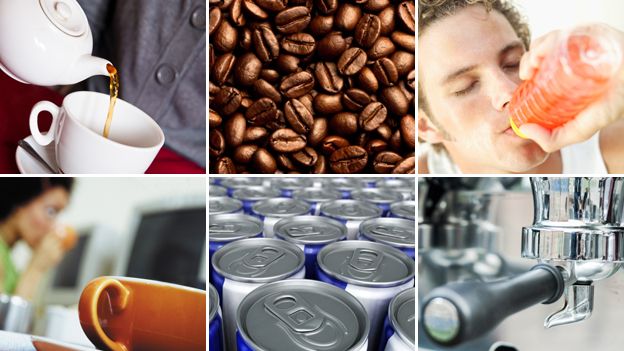Caffeine Addiction in Teens and Young Adults - Sober College for Dummies


The invisible addiction: is it time to give up caffeine? - Coffee - The Guardian
The Best Strategy To Use For Road to recovery: 5 ways to cut back on caffeine for National
Taking in as much as 400 mg or four cups of coffee does not trigger problems for a lot of people. However, caffeine impacts people differently, depending upon their size, gender and sensitivity to it. If you're sensitive to caffeine, even moderate amounts can cause sleeping disorders (trouble sleeping), rapid heart rate, stress and anxiety and feelings of restlessness.
What are the symptoms of having excessive caffeine? The Latest Info Found Here of having too much caffeine may consist of: Headache, uneasiness, dizziness. Having "the jitters" or feeling unsteady. Sleeping disorders or sleep that is "on and off" throughout the night. Racing heart or abnormal heart beat. Boost in blood pressure. Dehydration. Who should prevent caffeine? It's not safe for everybody to have caffeine in their diet.

You may wish to prevent caffeine if you: Have any sleep condition, like sleeping disorders. Have ulcers or GERD. Are pregnant. Are breastfeeding. Have migraines or persistent headaches. Have high blood pressure. Take certain stimulants, prescription antibiotics, asthma medications and heart medicines. These medications can have interactions with caffeine. Are a child or teenager.
Everything about Energy Drinks Addiction Information - UK Rehab
Have a fast or irregular heart beat. Is caffeine addicting? Lots of people establish a tolerance for caffeine. This implies that your body adjusts and gets used to having caffeine every day. In time, you may discover that you need to keep increasing your caffeine consumption to achieve the desired results of alertness and ability to focus.

Caffeine addiction (and how to overcome it) – REIZECLUB
It raises dopamine, but the level is small. Illegal stimulants like methamphetamine ("meth") and MDMA ("euphoria" or "molly") trigger a huge rise that tinkers the benefit circuits in your brain. You get "addicted" to ecstasy, and "dependent" on caffeine. The length of time does caffeine last in the human body? The results of caffeine can be felt as quickly as 15 minutes after it is taken in.
